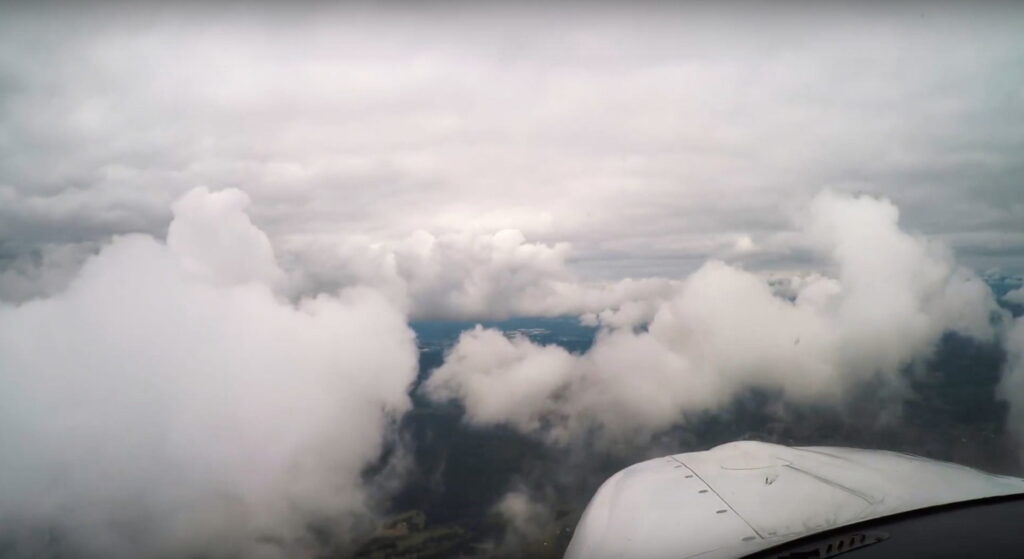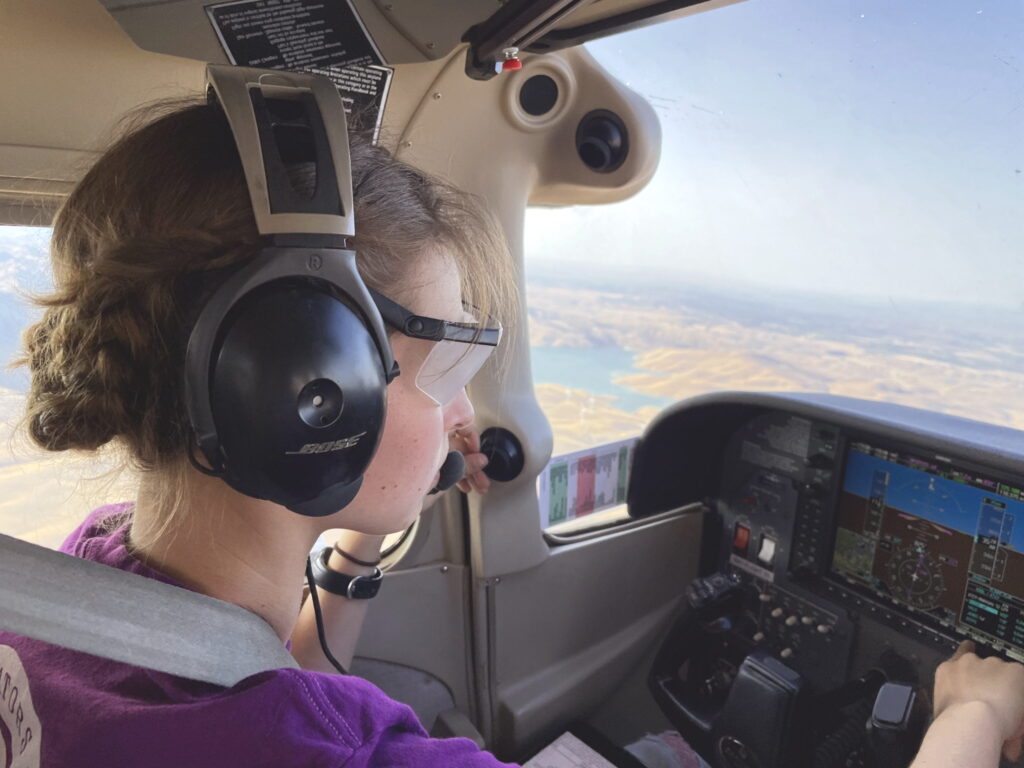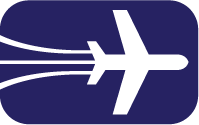Instrument Rating
Your private pilot privileges allow you to fly with friends in good weather. However, sometimes there is a layer of clouds that prevent you from making what would otherwise be a straightforward flight. An instrument rating gives you the skills to conduct a flight under “instrument flight rules” (IFR), during which you fly solely by reference to the flight instruments. With an instrument rating, you can fly in instrument meteorological conditions (IMC), which reduces the likelihood that trips are delayed or canceled due to weather.
Since there is a significant amount of new knowledge that must be learned, instrument students prepare for this by studying the ground subjects in a variety of ways. SCFC offers a comprehensive instrument ground school. Our ground school instructors have extensive knowledge of instrument procedures and local Bay Area expertise.
Instrument training begins with learning to control the airplane and perform flight maneuvers solely by reference to the flight instruments. The instrument rating increases the precision of your flying. Your flight instructor will work with you to develop and fine tune your ability to scan the flight instruments, interpret their meaning and make precise changes to control the airplane.
As you begin to master instrument flight, you will leverage those basic skills to perform more advanced instrument procedures such as departures, holds, and approaches. Learning these procedures is the heart of IFR. SCFC flight instructors introduce you to a wide variety of IFR procedures at many airports. This breadth of training will expose you to a deep understanding of how to fly in the IFR system. Once you become proficient flying under all aspects of IFR procedures, you and your instructor will fly an IFR cross-country flight, pulling together all these procedures that replicate actual IFR flights.
These skills will leave you well prepared to take your instrument rating practical test. After receiving your instrument rating, you will have the enjoyment of flying through a morning overcast to reach the sunny skies above.
To get started with your instrument training, contact SCFC to get connected with a CFII who can talk you through the process.
Yes! SCFC utilizes a G1000 simulator and a Garmin 430 simulator in our instrument syllabus, which are both approved to log time towards the rating. Please review our simulator pages for more information.
Similar to private pilot training, the cost of the rating varies person-to-person, and is based on competency level and previous experience. However, we recommend budgeting 40-50 hours of flight time, although up to 20 of those hours can be logged in our simulators.
Common ways to reduce the cost of training are to utilize the simulator and to self-study procedures and concepts prior to each lesson.
To review the complete list of requirements, please consult FAR 61.65. However, you can count on needing at least 40 hours of simulated instrument time, of which 20 hours can be logged in either our G1000 or Garmin 430 simulator.





